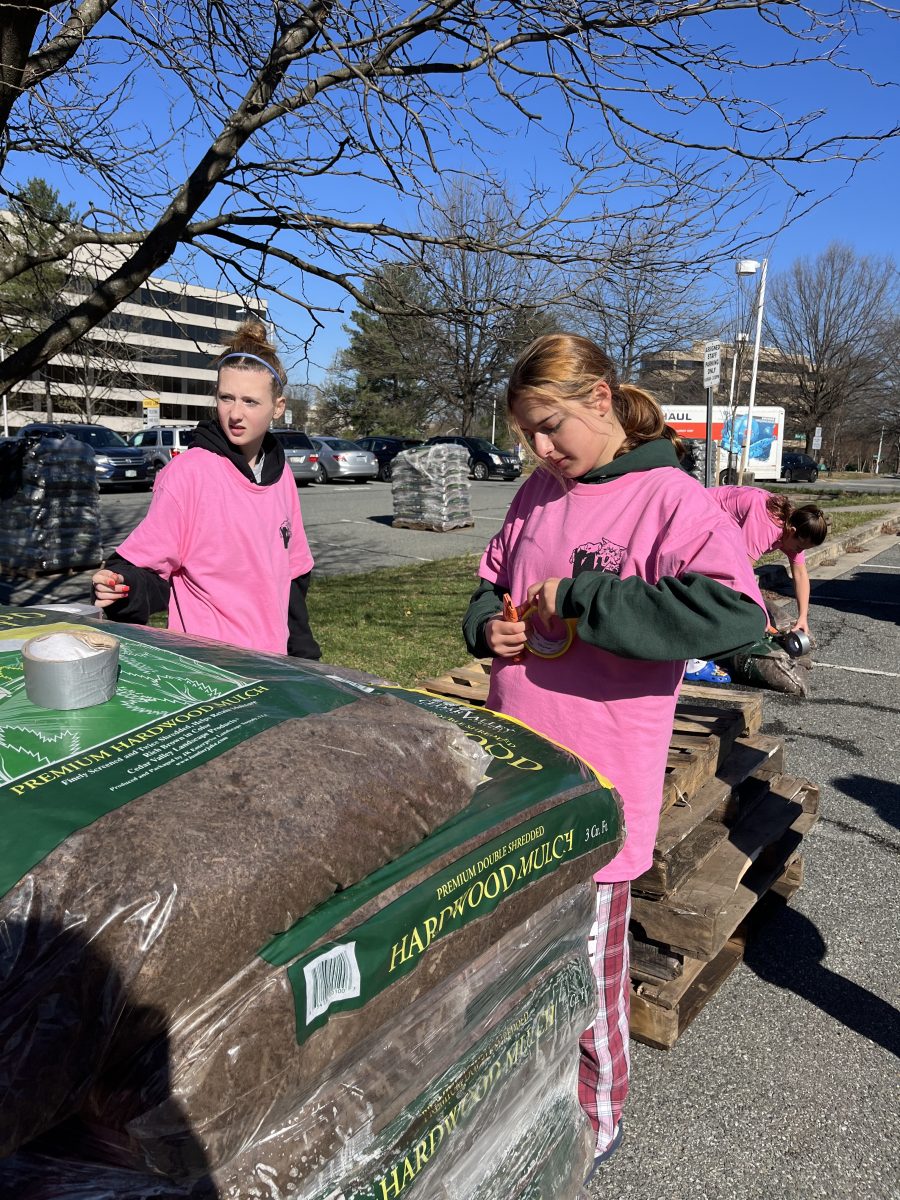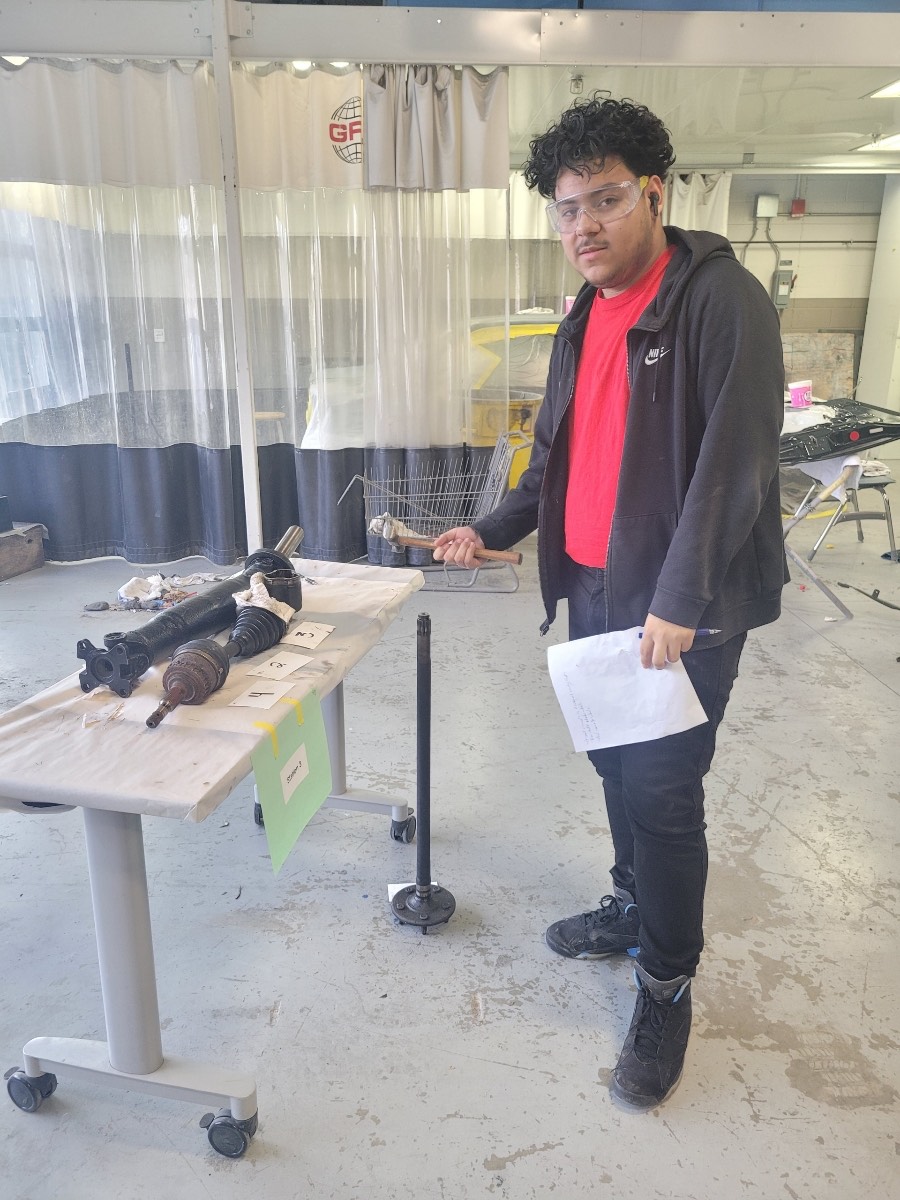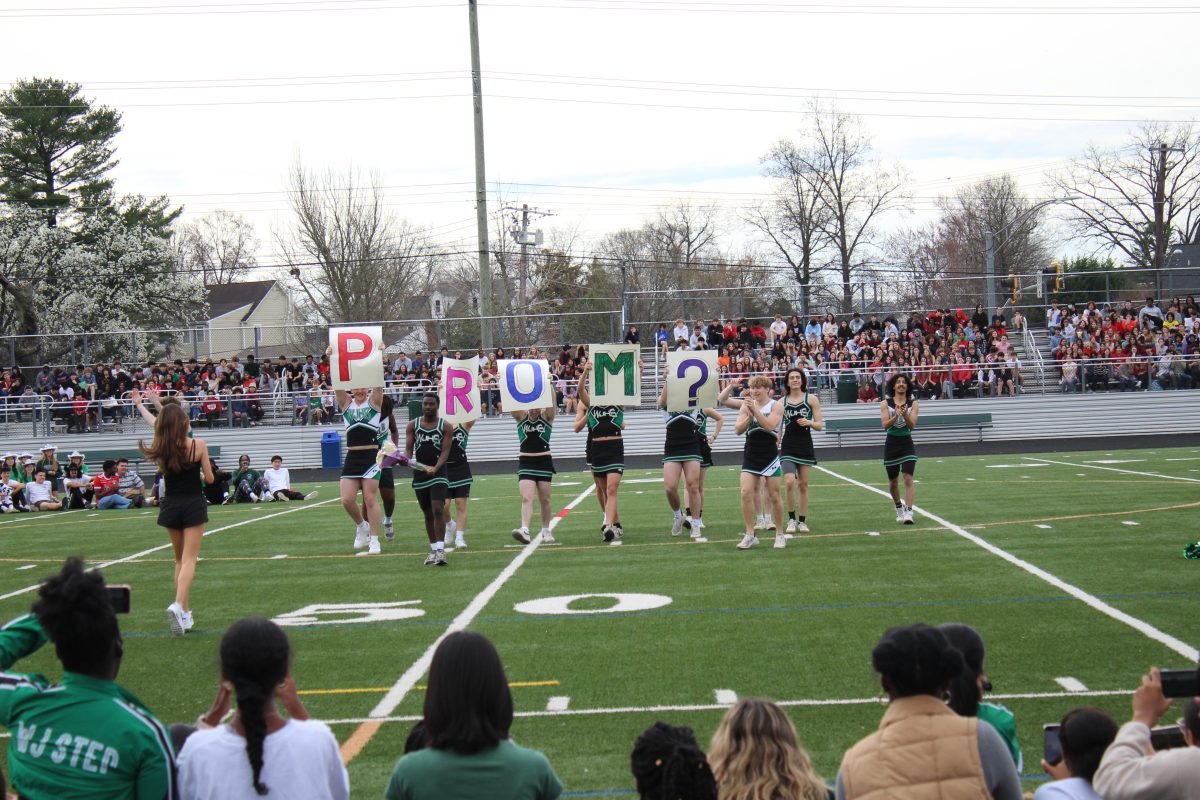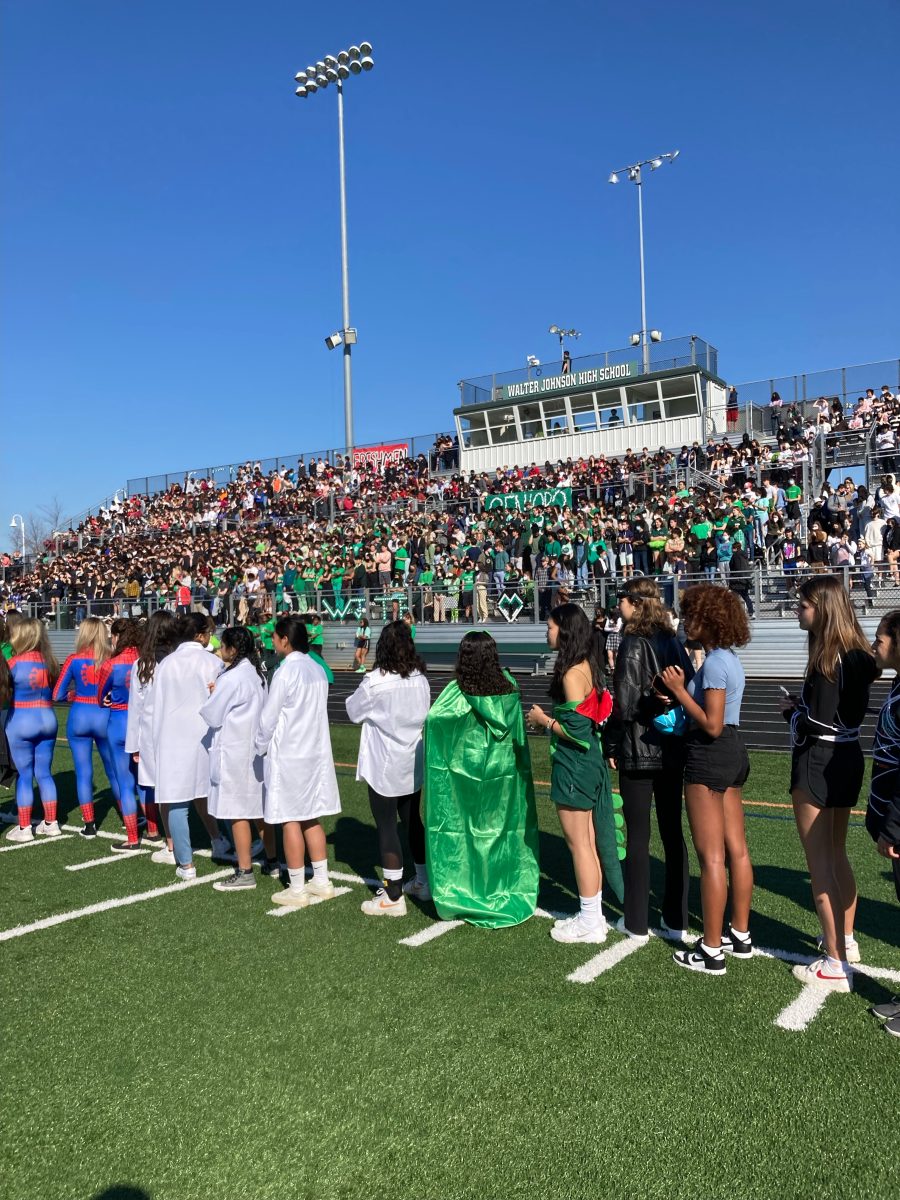Why do students try so hard in high school? Why do they spend so much time in their quest to get good grades and to join lots of activities? Many students devote themselves to their schooling for a sense of personal achievement and maybe even because they enjoy it. But in the end, most students work hard in order to get into a good college, which many think will lead to a successful job.
Yet people often have no idea what they will be when they graduate college, let alone high school. Many decide their jobs later. For instance, English resource teacher Amy Vachon wanted to be a Spanish teacher after graduating high school, and a lawyer after graduating college, but her current profession is far from what she intended.
In theory, much of the stress students are putting themselves through focuses, in the end, on one general outcome: a future career. How can something so ambiguous and so far into the future cause so much stress and take up so much time in the present? If people go to school so that they can work at one comfortable job, are they working so that they can work? Or does this work prepare them for whatever future job they may have?
Iceland is known to be one of the happiest countries in the world, and, according to author Eric Weiner, that is probably because the average person has two to three jobs. In Weiner’s book, The Geography of Bliss, he visits some of the happiest countries in the world in order to determine the reasons for their happiness. In Iceland, “having multiple identities…is conducive to happiness. This runs counter to the prevailing belief in the United States and other western nations, where specialization is considered the highest good. In the U.S., academics, doctors and other professionals spend lifetimes learning more and more about less and less,” he writes.
If applied to American life, this concept may make Americans happier. Have you ever wished you could be both an artist and a doctor? Or a novelist and a lawyer? Or how about a musician and a math teacher? Sure, some people change around their jobs, but not only is that difficult and uncommon, it is also frowned upon in our society. The expression “jack of all trades, master of none” is the elitist, misinformed social cliché of someone who dips around in various jobs, never settling on one career for the whole of their life.
“At the moment, I am seriously considering a medical profession, particularly surgery,” said sophomore Nelly Gorodetsky. “At [one] time, I was interested in politics, and I did consider law, because I…feel passionately about justice.” However, she feels it will be impossible to have both professions, because getting an adequate education in both of these fields may take years and is financially improbable.
So the actions of people with a number of professions may not show failure and indecision, but rather an adherence to a strong inner principle on how life should be lived to the maximum p0tential.
“I don’t think anybody should feel like the first thing they do [is what] they should do for the rest of their life,” said Vachon. Vachon is unique in that she has, so far, explored four different professions. She was a Spanish teacher and a lawyer, owned an export company and now has settled back on the field of education as a resource teacher.
Gorodetsky intends her life to follow a similar plan.
“I want to go to work, and be happy. I don’t want to live through life just working. I want to enjoy working,” said Gorodetsky. Happiness will be a key factor in her final decision.
Vachon recognizes student competitiveness to take AP classes and to get into good colleges.
“I think high schoolers should go out there and explore different careers,” said Vachon. “I’ve encouraged my own children to explore many options and [to] not feel limited.”
Basically, it seems that most kids are working hard now to prepare themselves for one specific job in the future. That decision is often a stressful one, with stress that can perhaps be softened by the possibility of eventually having multiple jobs. However, can this work well in our society? Is our society heading towards the sacrifice of personal enjoyment over the stability of a community so that everyone can specialize in different areas? If someone is really talented, would it be more beneficial for them to focus on one area, or to improve a number of fields during their lifetime? After all, maybe if that makes them happier, they may end up performing their jobs more effectively.
“I think if [our society] encouraged more than one profession, more people would be doing what they wanted to do. More people would be happier,” said Gorodetsky.
She believes that many diseases in our society stem from stress and depression, and if people could have more than one profession, fewer people would have diseases.
According to the Center for Disease Control and Prevention (CDC), one quarter of employees view their job as the number one stress in their lives, and more health concerns are connected with work problems than with issues of any other sort.
So, next time you find yourself working extremely hard, take a moment to follow your train of thought further than the next line, the next test, and even the next year. Consider the image of your future life for a fleeting minute, and its relation to what you are doing now. Whether or not you enjoy life can be largely determined by your outlook on the future, and perhaps some of these alternative options can eventually inspire you, or at least relieve your stress in the present moment. After all, if our society is indeed promoting unhappiness, don’t forget that it is we who determine its future.







